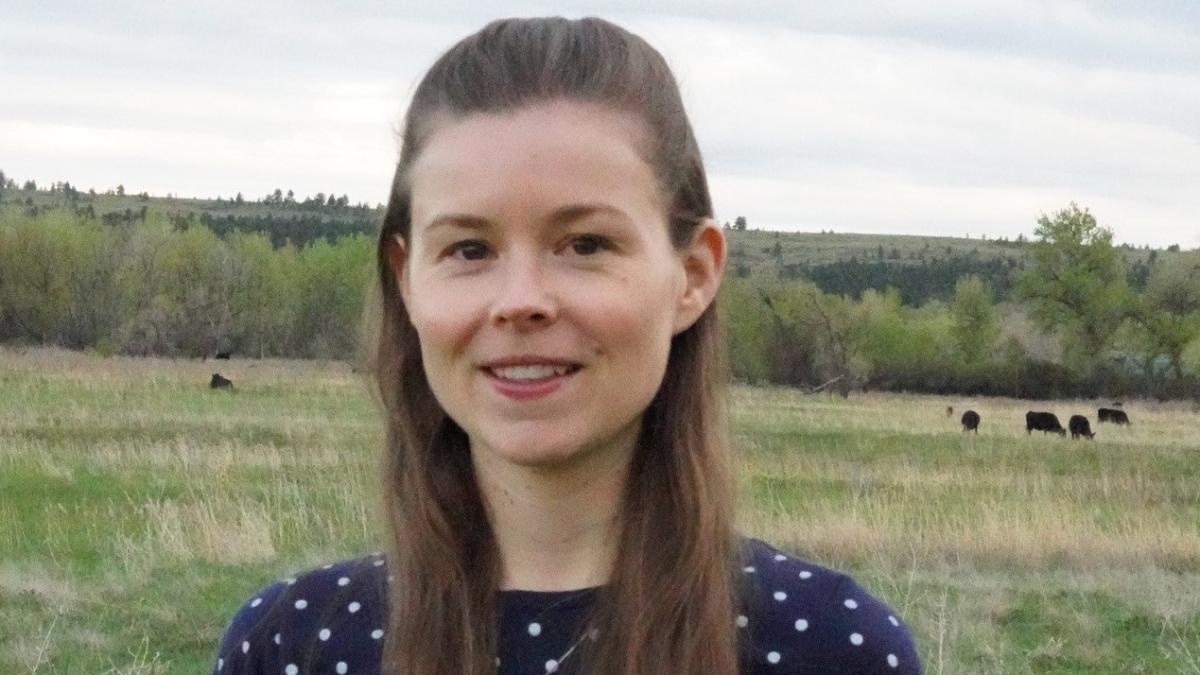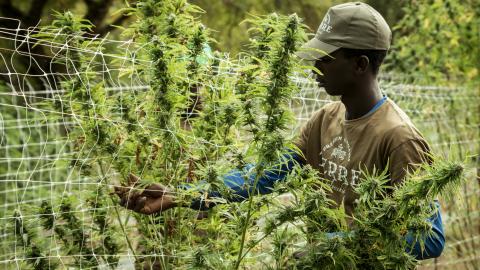
June 1, 2020
Growing up in rural Connecticut, I was passionate about horses. It led me to study animal sciences as an undergraduate while also working on various horse and dairy farms in the U.S. and abroad. I witnessed how agricultural work exposes farm workers to a variety of hazards, including microbes, for which hygiene and biosafety practices are especially important.
During my last year of undergraduate and for the following 5 years prior to starting my MPH at UW, I worked in both veterinary and human immunology laboratories and became interested in environmental triggers that shape immune responses. This is when my attitude towards hygiene started to shift. Of course, microbes can be pathogenic, leading to disease in both animals and people. However, from an immunologist’s perspective, I started understanding their importance in training a healthy immune system, especially in early life. As a graduate student, I wanted to explore this dichotomy between pathogenic and beneficial microbial exposure in the context of close animal contact.
Why I chose UW
Among my top reasons for studying occupational health at UW was the opportunity to work with Dr. Peter Rabinowitz to improve the health people who work with animals using One Health framework, which recognizes the links between human, animal, and environmental health. I was excited about the ongoing work within the Healthy Dairy Worker study to investigate health outcomes associated with dairy farm exposures as it combined many of my interests (i.e. animal sciences, health of farmworkers, and immunology). For my thesis research project, I am using measurements of immunoglobulin E, an antibody associated with allergic disease, to better understand if working on a dairy farm is associated with changes in immune status. The work will hopefully build a foundation for better understanding the relationship between microbial exposures during farm work, the microbiome, and immune health.
UW One Health program and experience as an ERC trainee
The One Health program at UW has a unique focus on occupational health, as compared to One Health programs at other universities that are housed within veterinary schools with an animal health focus. As I prepare to start medical school with career goals to work with rural populations in agricultural areas, the human focus of this program was especially important to me. In addition, being part of the small ERC (Education and Research Center) cohort, which meets regularly for interdisciplinary events, has made a big school feel much smaller by encouraging closer relationships with peers, faculty, and staff from a range of occupational disciplines. It has been a highlight of my experience at UW!




